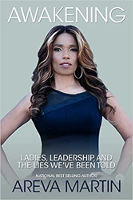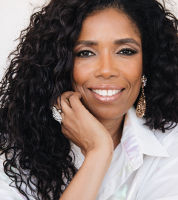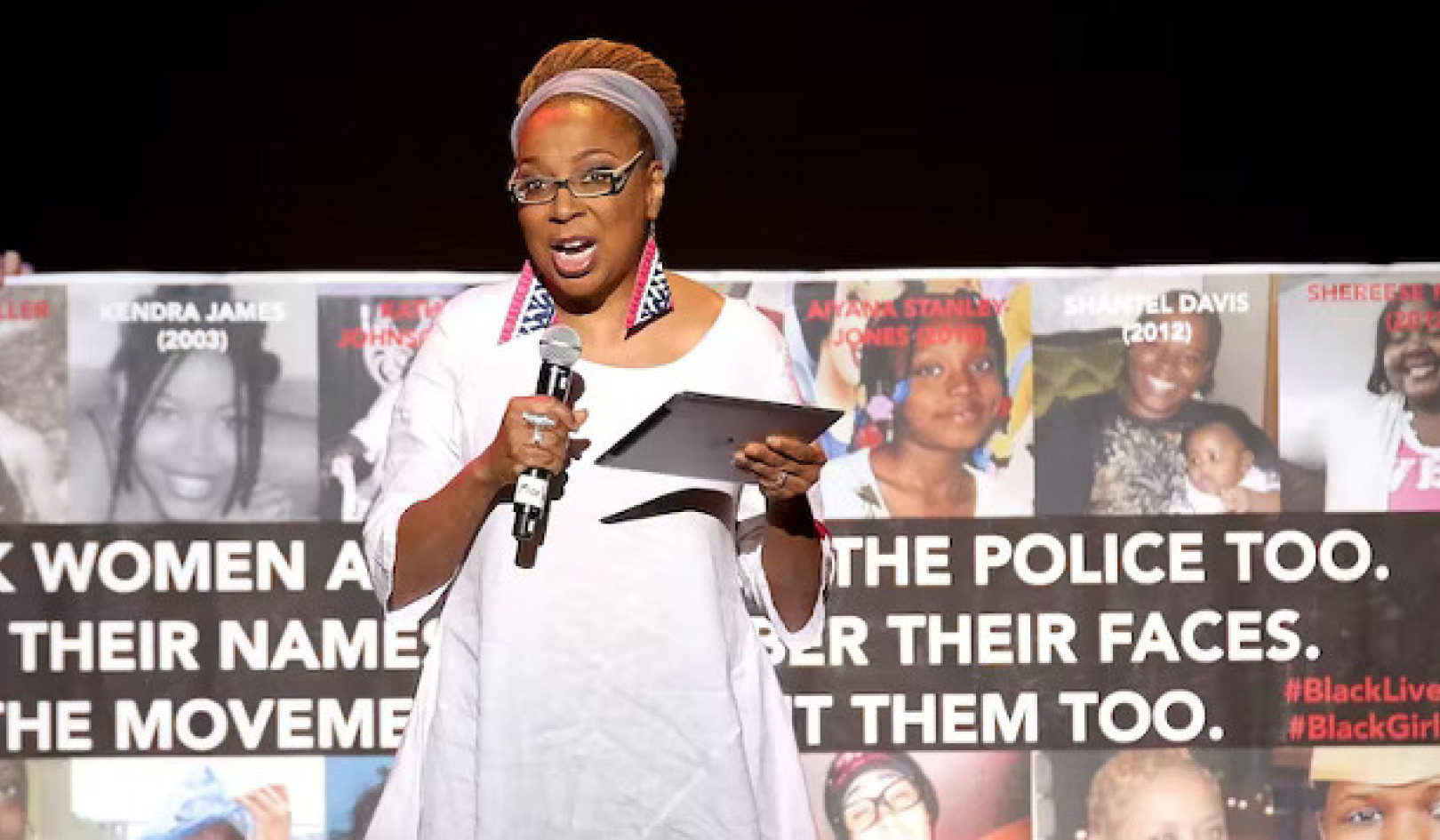
Image by Pexels
Audio version
Narrated by Marie T. Russell.
Editor's Note: While the article focuses on the current situation for black women, many of the conclusions can be applied to women in general.
Miami attorney Loreal Arscott was getting ready for work one morning when she hesitated. Scheduled to appear in court that day, she debated whether to put her hair into a bun to make her colleagues feel more comfortable. She was reminded of the comments she'd heard many times before as people compared her curly and straightened hairstyles. In addition, as a Black woman, she needed to worry constantly about her performance in court. Would she be seen as "too aggressive?" Would she do a disservice to her client because of her passion for her work?
Ms. Arscott's experience offers the smallest glimpse into what professional Black women endure every day.
As an attorney who graduated at the top of my class from Harvard Law, I can tell you that a Black woman with Harvard credentials is still a Black woman. I think back to serving as a summer associate in one of New York's most storied law firms. My peers and I were excelling in school, standing out from our talented classmates at law schools across the country. Many of us were offered positions at the firm upon graduating. But despite it being a somewhat diverse class of associates, the people running that firm today, two decades later, are still white men.
Are successful women seen as a threat?
Michelle Obama graduated from Princeton University and Harvard Law. As first lady of the United States, she faced constant criticism, from cruel comments about outfits that bared her shoulders to hateful questions about her femininity. In an episode of her podcast, she talks about being both targeted for abuse and invisible to white people, even after she'd reached the highest levels of government: "You know, we don't exist. And when we do exist, we exist as a threat. And that—that's exhausting."
Black women reaching the highest levels of success, like our former first lady, are not immune to the microaggressions prevalent in our workplaces, from "compliments" about how articulate we are to "advice" about striving too aggressively to succeed to assumptions that we're in court as an interpreter or defendant. I spent years being mistaken as a court reporter or a secretary—but never a partner. Yet if Black women report discriminatory behavior, we're told that we're overreacting or that the behavior was unintentional.
Black women face endless inequities
Black women lawyers describe endless stressors, including a lack of meaningful work and mentorship, as big law firms lack internal sponsors that could guide young associates toward promotions and partnership.
Add to that the glaring lack of pay equity. Black women are not only paid less than their white peers but also face an ever-widening pay gap as they succeed, as decisions about salary and raises are left to white, male executives and their subjective decision-making.
Then there's the Black tax. Black women are subjected to demands to repeatedly prove ourselves over and above our white peers. We're pressed into the role of nurturing every other Black person that comes into an organization. As a company's "face of diversity," we're expected to sit on diversity boards and perform community work.
This burden of representing our race is a double-edged sword. White colleagues critique our performance while Black peers whisper and wonder if we've assimilated and accepted the burdensome rules, both unspoken and overt, laid out for us by white leadership. It takes a tremendous mental toll.
Add to this the feelings of isolation and alienation Black women in many professions experience. Despite the fact that universities and law schools are graduating Black women in record numbers, white men are still running the show.
We need to do more
The "double bind" of being Black and a woman in the workplace isn't going to be erased by appointing a single Black woman to an executive position. It's not going to be smoothed over by holding a few diversity trainings or updating the diversity and inclusion language on a website.
Systemic racism was intentionally built into our systems. Undoing it is going to require tearing them down entirely and starting over.
Copyright 2021 by Areva Martin. All Rights Reserved.
Book by this Author
Ladies, Leadership, and the Lies We've Been Told
by Areva Martin
 Anyone who is looking to move forward in their career will gain insight and enjoy anecdotes from Areva Martin’s Awakening, which calls out the lies told by a patriarchal society and calls in all people to work toward a more equitable one. A self-help book and feminist manifesto all in one - Awakening is a call for action and gender equity in a post-covid world.
Anyone who is looking to move forward in their career will gain insight and enjoy anecdotes from Areva Martin’s Awakening, which calls out the lies told by a patriarchal society and calls in all people to work toward a more equitable one. A self-help book and feminist manifesto all in one - Awakening is a call for action and gender equity in a post-covid world.
Awakening goes beyond the idea that women should ask for a seat at the table. Areva Martin makes the case for women to tear down the building, build anew, and choose tables that make room for everyone. She does this by exposing five lies told by society that have kept women held back for so long. By further exploring the problem and offering solutions that benefit all people, Awakening gives women in all careers a path toward a more equitable world.
For more info and/or to order this book, click here. Also available as a Kindle edition.
About the Author
 AREVA MARTIN is an award-winning civil rights attorney, advocate, social issues commentator, talk show host, and producer. A CNN legal analyst and Harvard Law School graduate, She founded Martin & Martin, LLP, a Los Angeles-based civil rights firm, and is the CEO of Butterflly Health, Inc., a mental health technology company.
AREVA MARTIN is an award-winning civil rights attorney, advocate, social issues commentator, talk show host, and producer. A CNN legal analyst and Harvard Law School graduate, She founded Martin & Martin, LLP, a Los Angeles-based civil rights firm, and is the CEO of Butterflly Health, Inc., a mental health technology company.
A best-selling author, Areva Martin has dedicated her fourth book, Awakening: Ladies, Leadership, and the Lies We've Been Told, to helping women worldwide recognize, own, and assert their limitless power. Learn more at arevamartin.com.
More books by this Author.


























